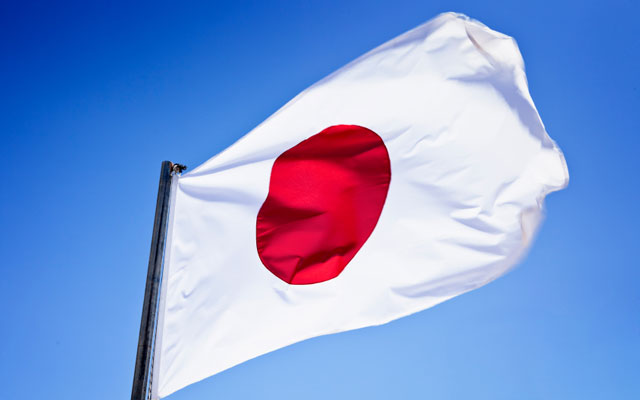The “largest criminal investigation the Antitrust Division has ever pursued” in its 80 years of existence is continuing to unfold.
The U.S. Department of Justice (DOJ) has just announced that an additional nine Japanese companies and two executives will plead guilty to price-fixing and bid-rigging targeted at auto parts sold to U.S. car manufacturers. To date, 20 companies and 21 executives have been charged a total of $1.6 billion in criminal fines and jail time for breaking antitrust laws for collusion and anti-competitiveness.
“These international price-fixing conspiracies affected more than $5 billion in automobile parts sold to U.S. car manufacturers,” the DOJ announced. “In total, more than 25 million cars purchased by American consumers were affected by the illegal conduct.” American automotive companies targeted include Ford, GM, Chrysler, and the U.S. subsidiaries of Honda, Nissan, and Toyota. Some price-fixing has been occurring for a decade or longer.
Collusion and price-fixing are serious offenses that hurt consumers, non-colluding companies in the same industry, companies that use the higher-priced goods on a different level of the production process, and the integrity of the entire industry.
Collusion and price-fixing also stunt innovation, keep prices from being driven down through competition, and allow inefficient companies to thrive. Good for the producers, bad for the consumers.
It was a joint U.S.–Japan effort, including the cooperation of the DOJ’s Antitrust Division, the FBI, the Japan Fair Trade Commission, and several other international commissions.
Japan is no stranger to collusion. Their Keiretsu/cartel style of management blurs the line of competition and keeps hundred-year-old companies afloat—whatever their competitiveness—while hurting new companies trying to enter the market. It’s good to see the governments of the U.S. and Japan working together to create a more competitive and free marketplace for both economies to ultimately thrive in.
Japan’s economy has been stagnant for more than two decades now, and it’s up to innovation born from fair competition to allow Japan to make its comeback—not companies colluding to hold a monopoly over their industries or politically misdirected fiscal policies.
Join us at The Heritage Foundation on October 3, 2013, from 10 a.m. to 11 a.m. for a public event on how innovation can help save Japan.
